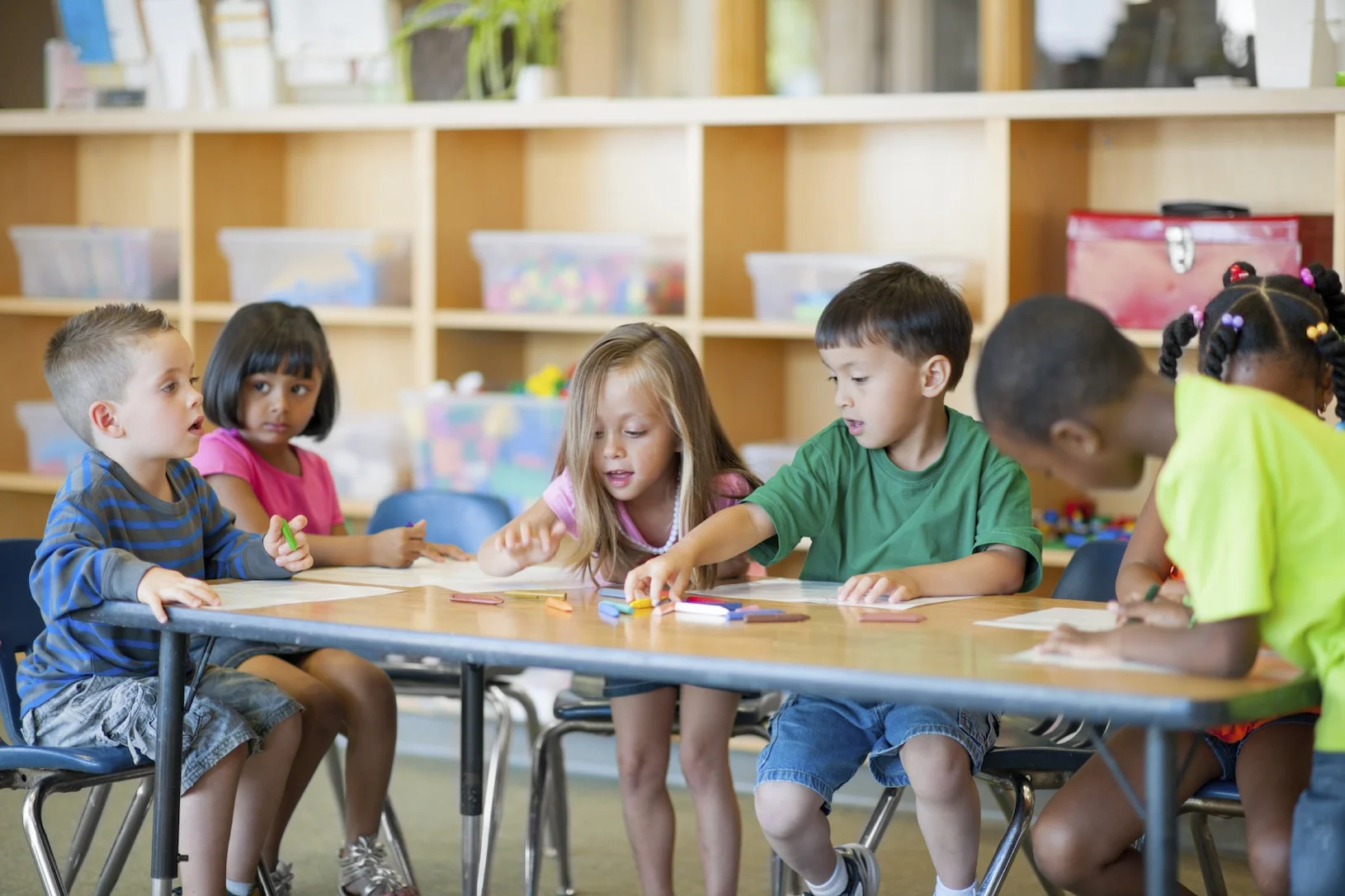Since life changed in March, you may have noticed your child having more potty accidents, thumb sucking, or drinking from a bottle when your child has not done these things in years. Your child may also have more tantrums and appear clingy as well. It can feel confusing as a parent as to why this is happening and what to do about it.
Read MoreWe have said it over and over again: the holidays can feel stressful. The holidays can especially feel stressful when you have a child/ren who become overwhelmed easily, have sensory issues, and/or have issues with regulation. Not to worry! I am here to share tips on how to navigate these meltdowns.
Read MoreBibliotherapy is a creative art therapeutic approach that uses literature to aid in the therapy process. Children’s books can be an excellent clinical tool to support children’s exploration and understanding of their world and life experiences. This is a great tool I often give to parents in order to continue the therapeutic work outside of the office. Many children identify with the characters in the book because they are overcoming the same obstacles.
Read MoreNow that the school year is underway and the first day nerves are wearing off, your child is meeting new peers, making new friends, and seeing friends that they didn’t see all summer. Sometimes meeting new people goes just like we want it to.
Read MoreDid you know that 7.1 percent of children struggle with an anxiety disorder? Many other children will struggle with stress and nervousness. If you suspect that your child is struggling with the aforementioned, bibliotherapy is a great way to introduce the subjects.
Read MoreThrough the elementary years, children gain insight on how to better control their emotions, behavior, and attention. Children gain the ability to cope with impulses and delayed gratification. Children begun to think about thought processes, emotion, and develop critical thinking skills.
Read More
Enuresis, also known as bed-wetting, is an elimination disorder common in children that can occur both involuntarily and intentionally. Approximately 5 to 7 million children experience bed-wetting (Baird, Seehusen, and Bode, 2014). Dr. Kimberly Levitt reported that bed-wetting is twice as likely to occur in boys, is more common in children with a family history of bed-wetting, and children with ADHD are more likely to experience bed-wetting (2018). There are three types of enuresis:
Read MoreExecutive function refers to a group of mental skills responsible for getting things done. These skills include an individual’s ability to plan, pay attention, organize, self-regulate emotions, self-monitor, and stay focused on tasks. The three main areas of executive function include: Working Memory, Cognitive Flexibility, and Inhibitory Control.
Read MoreResearch shows children can begin experiencing anxiety in early childhood. As adults, we often think of anxiety as evidenced by constant worry and fidgeting. While children may exhibit these symptoms, there are a number of others ways children experience anxiety. Anxiety presents itself in a plethora of ways, such as
Read MoreSensory processing occurs when our nervous system integrates information from our senses and organizes it in to appropriate behavioral responses, according to the situations we are in (Bennie, 2010). Sensory Processing Disorder or SPD occurs when, “sensory signals are either not detected or don’t get organized into appropriate responses” (“About SPD,” 2018).
Read MoreI can remember it like it was yesterday. The awkward silence. The “I am not really sure why I am here.” And the thoughts of, “can I really trust this person?” I wasn’t sure what to say, so I casually noted her nails and asked about her manicure. We had awkward banter for 10 minutes about her nails, and before I knew it I was in a waiting room, and my father was in her office.
Read MoreLargely, I operate from a strengths-based perspective meaning that when working with clients I emphasize the positive and I collaboratively work with each client to find ways to encourage positive thinking patterns. A counselor operating from a strengths-based perspective helps clients identify their strengths, social supports, successes, and positive experiences in their life.
Read More










